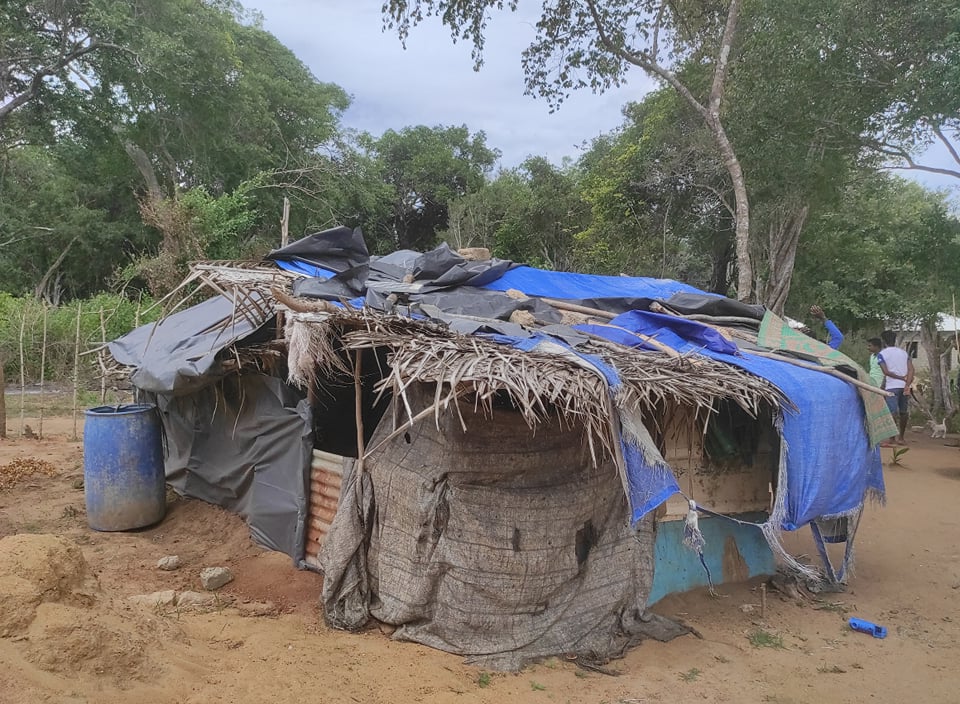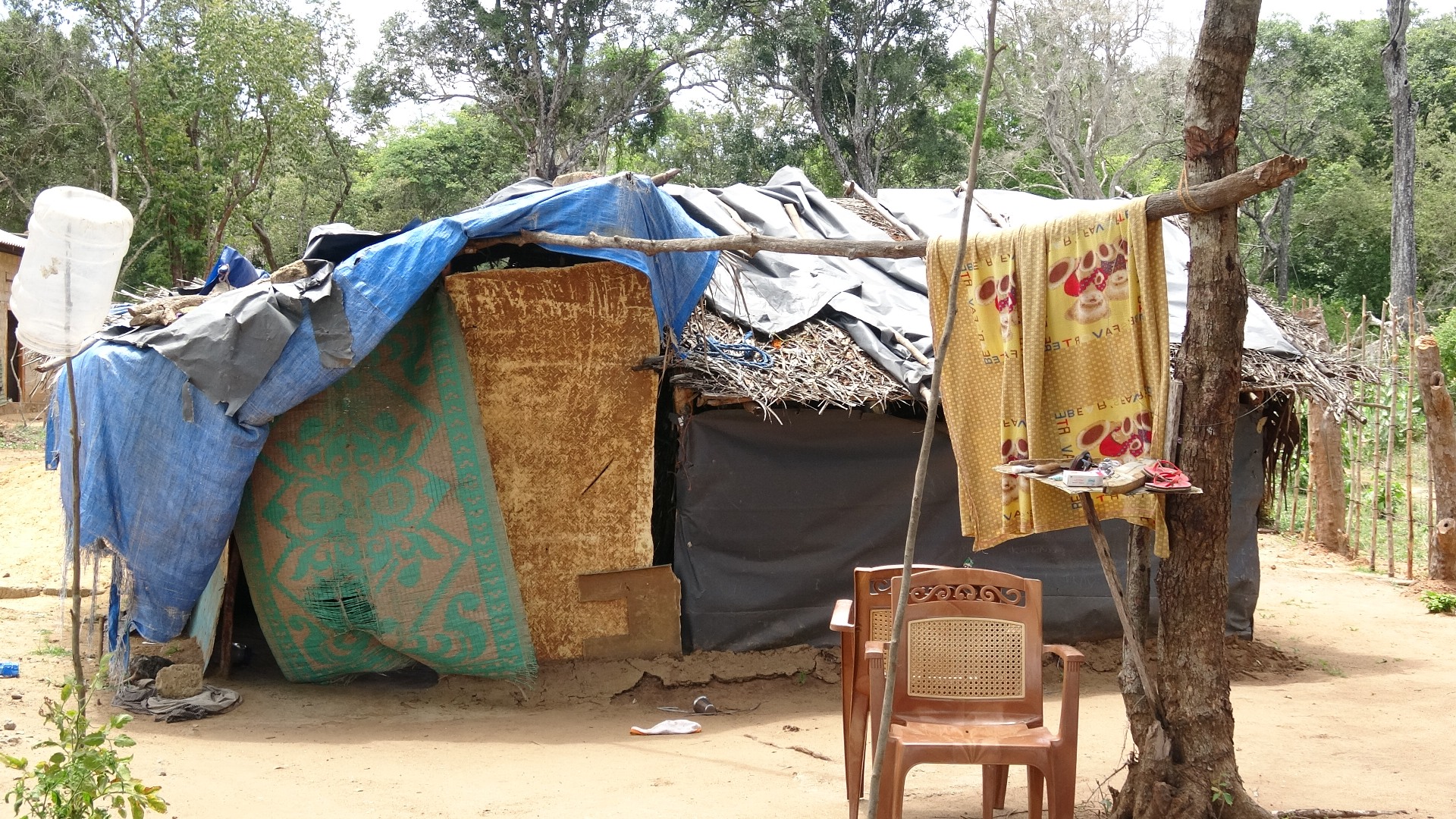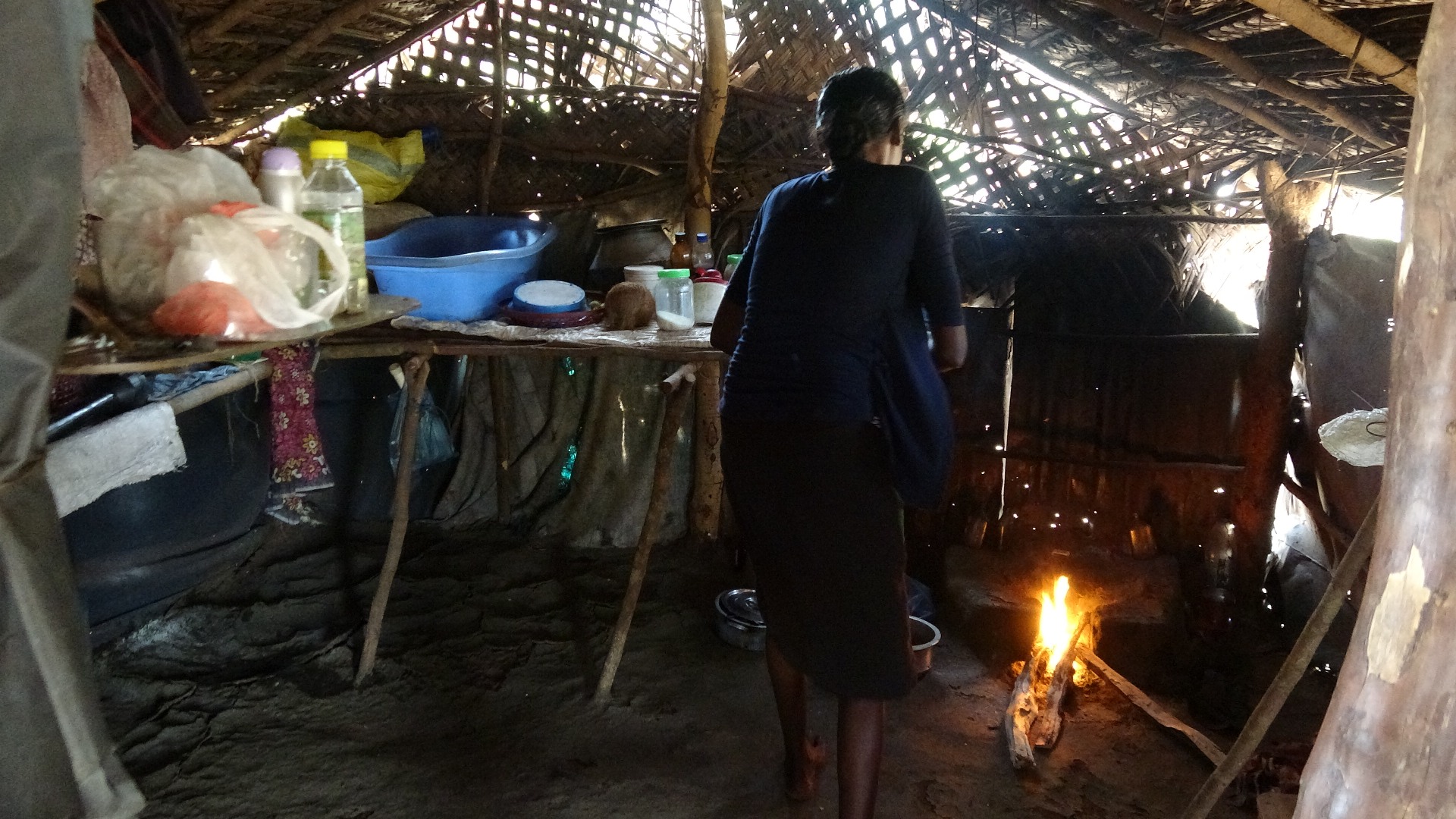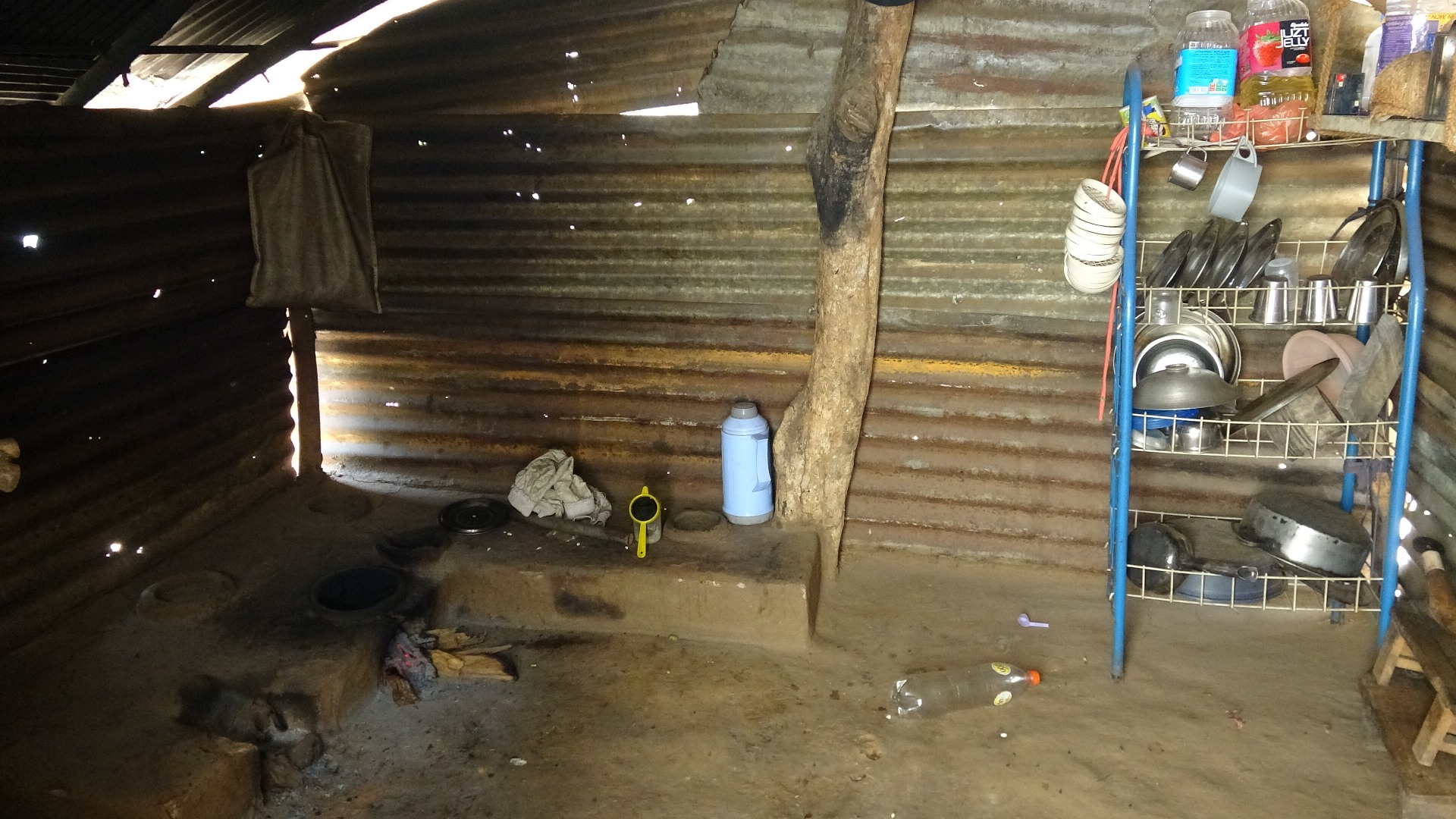Across the Tamil homeland, decades of armed conflict had already taken a heavy toll. Yet, more than 11 years since the massacres at Mullivaikkal, alongside the massive loss of life and the ongoing militarisation across Eelam, many continue to live in dire poverty. More than 11 years since the massacres at Mullivaikkal, we take a look at one town in Mullaitivu, which highlights how for the Tamil people the suffering has not stopped.
‘Town of life’
Jeevanagar, which means ‘town of life’ in Tamil, is located near Oddusuddan in Mullaitivu. The Muthuiyankaddu Pond is a means of sustenance to the residents of the hamlet. Most make a living catching and selling the fish found in this modest body of water. For many though, that remains a meagre income, leaving the town in dire poverty.
The most basic essentials, including toilets, have yet to be brought to Jeevanagar. Bereft of even these fundamental hygiene facilities, all residents of the town, from children to pregnant women to the elderly, are forced to shelter under trees in the nearby woods instead.
Roads to and from the village are yet to have been laid, making access in and out of the hamlet difficult. Electricity remains non-existent. And even drinking water remains hard to come by, with residents having to walk 500 metres to draw water from a common well. If more water is needed, it has to be bought for a rupee a litre - a sum that can prove too costly for some. Without sufficient water, many children remain unwashed throughout the day. As the world takes a renewed focus on hygiene in the midst of a pandemic, in Jeevanagar, water itself remains scarce.
Snakes, elephants and monkeys
The lack of electricity means that Jeevanagar mostly relies on lamps and lanterns after nightfall, which brings several challenges. Besides shackling their lives post-sundown, residents also become fair game for poisonous snakes and wild animals from the forests nearby. Wild elephants pose a unique but no less devastating problem, destroying the fields they are nurturing through the water they have bought and threatening the residents themselves.
Being in the midst of Mullaitivu’s vast forests, monkeys pose yet another threat to the villagers. “The monkeys snatch away the milk powder meant for our children,” said one resident. To cap it all off, they have no means to reach the hospital or a medical centre when a virulent snake or a violent boar strikes.
Broken promises
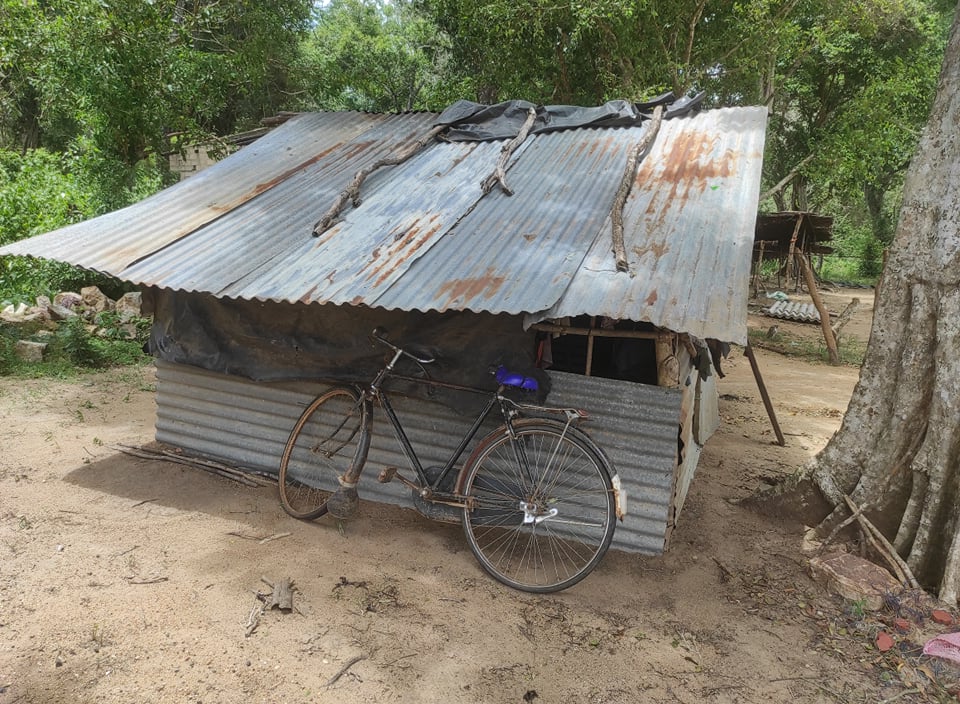
A scheme was established last year, under the former Housing Minister and opposition leader Sajith Premadasa, to build homes for the hapless denizens of Jeevanagar. Under the plan, a quarter acre of land was allotted to a model village in which people were permitted to build structures barely larger than cattle sheds. A meagre subvention of Rs. 250,000 (a little over £1,000) was granted for the construction.
But the scheme was dropped before the remainder of the earmarked amount could even arrive.
Meanwhile, the families of Jeevanagar who live in primitive structures that can’t even protect them from rain, are desperate for change. They are in desperate need of toilets for hygiene, roads to ease transport in and out of the hamlet, a reliable supply of water and electricity and protection from the wild animals.
A string of development plans have come and gone but none has brought about an improvement in the lives of Jeevanagar residents.
“When is the government going to light the lamp in our lives?” a frustrated resident asked. “We are utterly distressed and have no idea how we would continue living amidst these problems,” said another.
Whilst the Sri Lankan state may claim that the Tamil people are now living in peace and prosperity, the situation in Jeevanagar shows just how dire the reality is. Across the North-East, a region under effective military occupation, the impact of genocide is still being felt every day.
We need your support
Sri Lanka is one of the most dangerous places in the world to be a journalist. Tamil journalists are particularly at threat, with at least 41 media workers known to have been killed by the Sri Lankan state or its paramilitaries during and after the armed conflict.
Despite the risks, our team on the ground remain committed to providing detailed and accurate reporting of developments in the Tamil homeland, across the island and around the world, as well as providing expert analysis and insight from the Tamil point of view
We need your support in keeping our journalism going. Support our work today.
For more ways to donate visit https://donate.tamilguardian.com.

